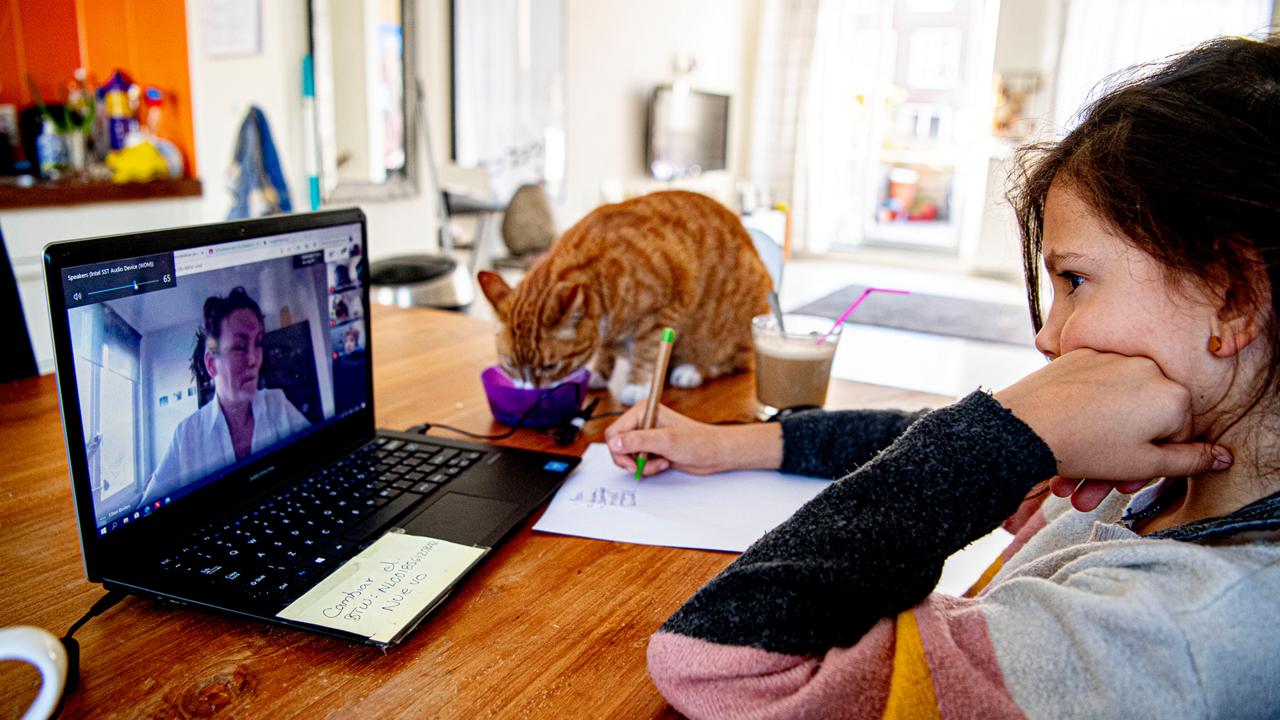A branch has been recently chopped from this tree leaving a wound still dripping fresh sap, whose touch and smell I wish I can record.
2022-03-20
2021-10-23
Hive mind shrank human brains
According to this Economist Expresso article, human brains started to shrink about 3000 years ago possibly due to living in social groups where the collective intelligence reduced the need for individual brain powers/activities (known to be energy consuming).
Which implies that loners today might be in relative evolutionary disadvantage compared to team-workers today and loners 3000 years before.
Hive mind shrank human brains https://t.co/J9h5vBrgoj
— Li-Yi Wei (@liyiwei) October 23, 2021
2021-08-01
Green religion
2021-06-25
Geoengineering is not the solution for climate change
Some thoughts I have after reading this article a while back.
Without a sufficiently accurate model for the entire planet earth, whatever solution we come up with may have unintended/unanticipated side effects.
And even if we can, the solution can carry moral hazard, encouraging people to continue with (or even increase) pollution and carbon production, causing reduced/negated effectiveness.
2021-06-21
Exponential growth
Human brains are not very capable of perceiving exponential growth; the beginning can seem minor but when we finally notice it is already overwhelming – finance (compound interests), biology (the spread of a disease), and climate (what if we only have 5 years left and thus pointless to talk about carbon neutral by 2050?).
2020-10-31
Epistemic dependence
I found this article a nice read, which highlights the much faster growth of our collective knowledge (accelerated by computers and algorithms) than our individual brain capacities (constrained by biology and evolution). Each one of us knows a shrinking slice of the world, and this has profound implications on our society and civilization.
One, as mentioned in the article, is the increasing need of collaboration among researchers, especially for experimental science. (At this moment of writing, it is still feasible to single author a computer science paper.)
Even though the numbers of co-authors of my papers have not increased too much, I do find it increasingly harder to know exactly what is going on in every aspect of a project, notably detailed implementations and user studies.
Another timely topic is about politics.
The policies can become so complex that nobody really understands what is going on.
Thus, each voter knows only a tiny aspect of each political topic or candidate, and thus can form drastically different opinions from one another. This can be a scientific factor driving political polarization, even without other factors like social media. Fortunately, Monte Carlo sampling indicates that with enough (sufficiently independent) samples, the aggregate estimation can still be robust (low bias/variance).
For example, the US essentially has 100+ million votes for the presidency, which should give us confidence on the outcome, no matter how ridiculous it may look.
2020-04-25
Virtual meetings
I usually share my screen instead of my face during virtual meetings.
I believe people mostly care about my content than what I look like.
2020-04-21
Mimetic desire
It takes intelligent and independent minds to desire what are really wanted.
2020-03-30
The influence we have
Both this NPR hidden brain podcast on the influence you have and this book on confessions of a sociopath point to the interesting aspects on how we know (and don’t know) about the psychological influences we can have on other people.
